School-Based & Systemic Practice Settings
The Role of Regulation in Education
In today’s classrooms, educators and school-based professionals know that learning doesn’t happen in isolation — it’s built on a foundation of safety, regulation and connection. When students feel overwhelmed or dysregulated, they can struggle to engage with peers, focus on tasks, or participate meaningfully in learning.
Unyte’s evidence-based listening therapies help support students’ nervous system regulation, empowering educators, school counselors and support teams to foster readiness, resilience and more positive learning environments.
School-Based & Systemic Practice Settings
The Role of Regulation in Education
In today’s classrooms, educators and school-based professionals know that learning doesn’t happen in isolation — it’s built on a foundation of safety, regulation and connection. When students feel overwhelmed or dysregulated, they can struggle to engage with peers, focus on tasks, or participate meaningfully in learning.
Unyte’s evidence-based listening therapies help support students’ nervous system regulation, empowering educators, school counselors and support teams to foster readiness, resilience and more positive learning environments.
Why Regulation Matters in Education
Classrooms are full of diverse needs: some students face challenges with attention, behavior, or social regulation of emotion, while others may be processing trauma or have neurodevelopmental differences. When dysregulation takes hold, academic and social growth are harder to achieve.
By supporting regulation and readiness, Unyte’s listening therapies provide students with the foundation to focus, connect and thrive in educational settings.
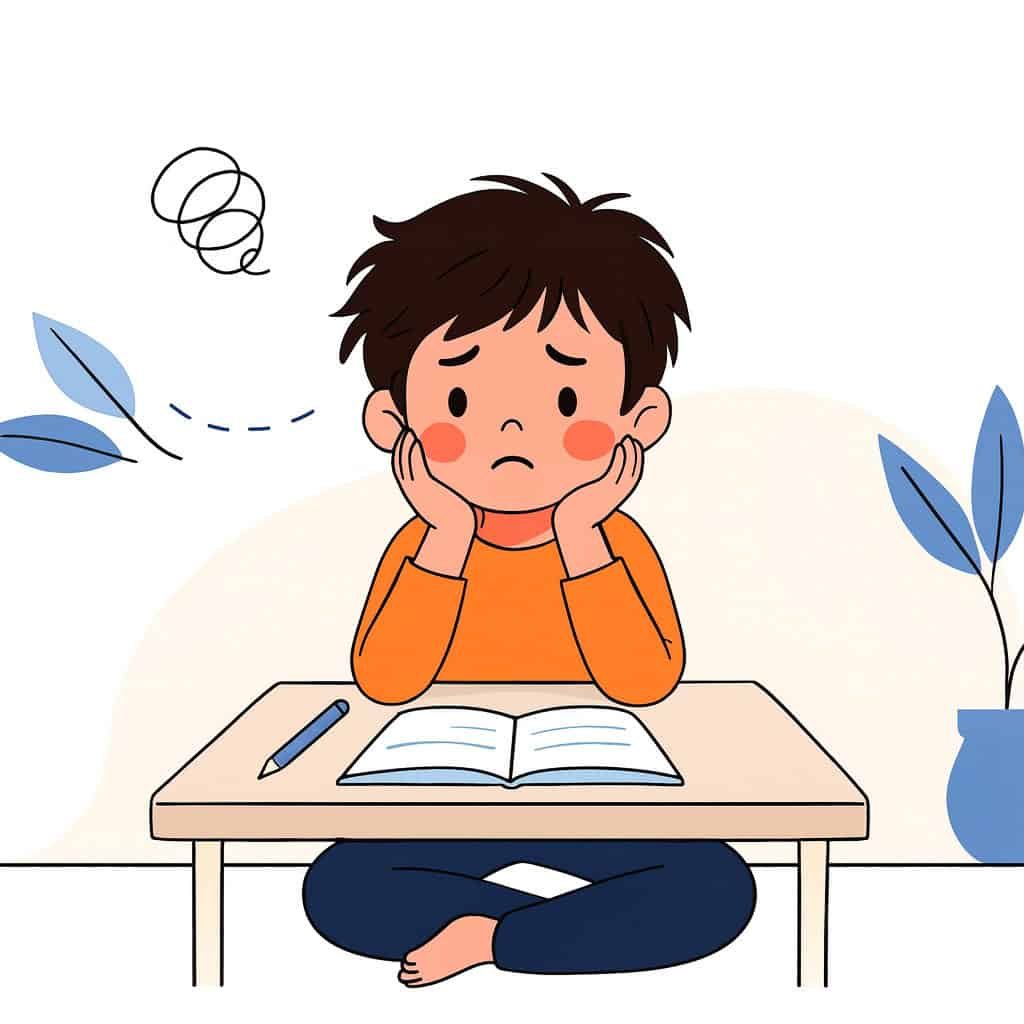
From dysregulation
→
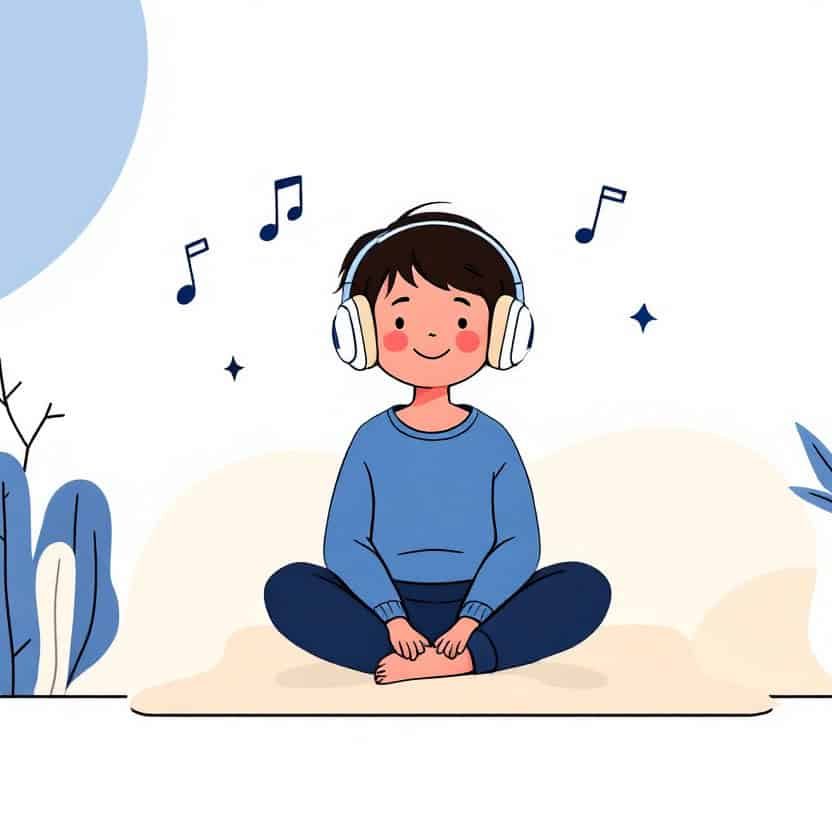
To nervous system regulation
→
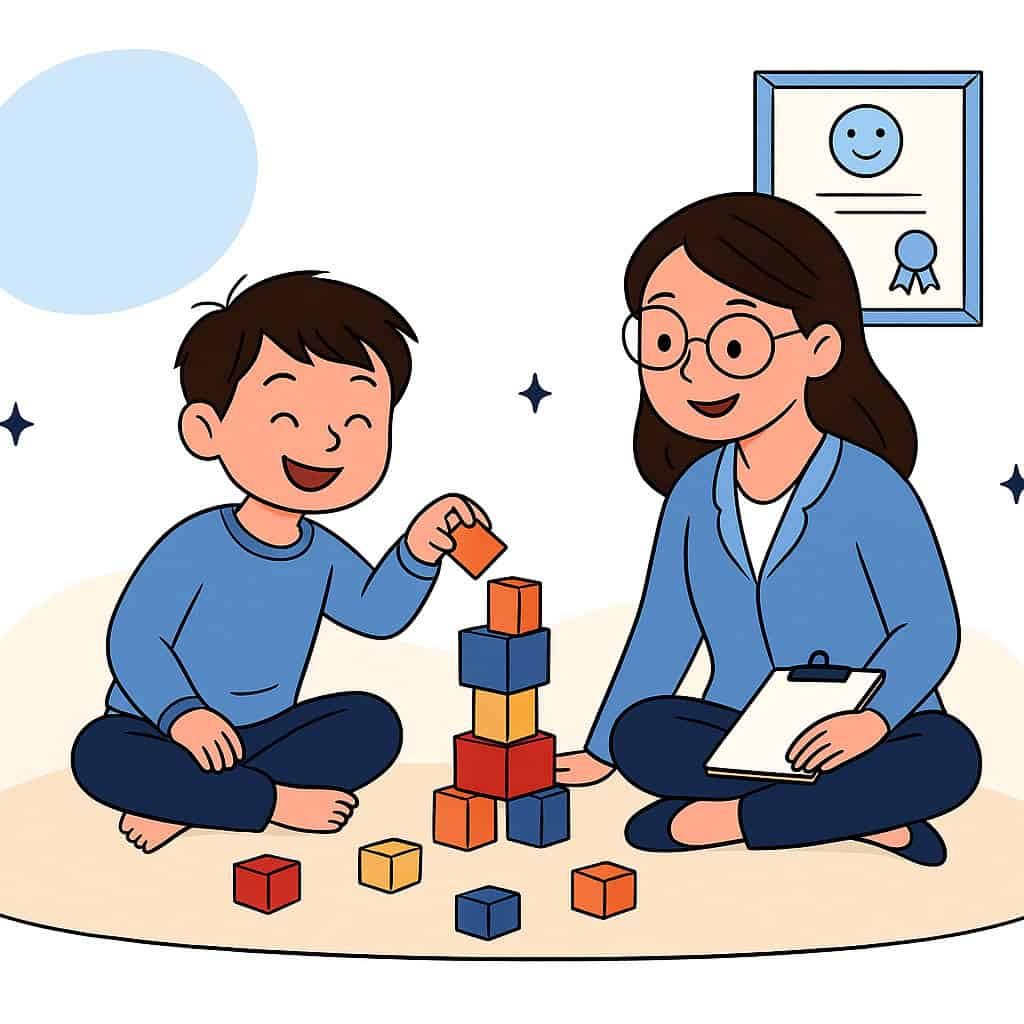
To more effective progress
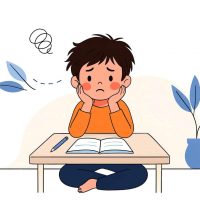
From dysregulation
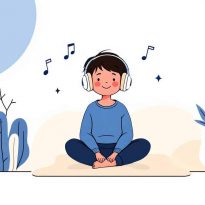
To nervous system regulation

To more effective progress
How Our Programs Fit Your Practice
When children are dysregulated, they may struggle with attention, transitions, communication, or sensory integration. These challenges can limit their capacity to participate fully in therapies, such as occupational therapy, speech therapy, or developmental interventions. By supporting nervous system balance, Unyte’s listening therapies help children access safety and readiness, making therapy more effective and progress more sustainable.

Safe and Sound Protocol™ (SSP)
Safety and Connection
Supports students’ autonomic regulation, helping them feel safer in their environments and increasing social engagement and participation. Particularly helpful in multi-tiered system of supports (MTSS), special education, and school counseling settings.

Rest and Restore Protocol™
Restoration and Recovery
Rest and Restore Protocol supports restoration and homeostasis, helping the client self-regulate, recover and find physiological balance.
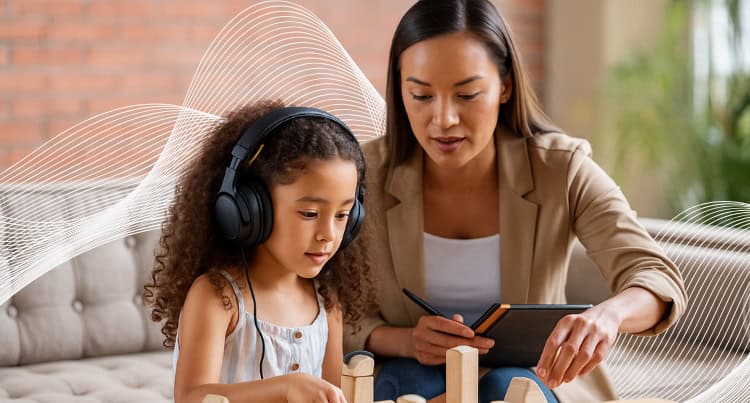
Integrated Listening System™ (ILS)
Organization and Skill Building
Supports attention, coordination and cognitive processing through brain and body organization. Often used in educational therapy and special education contexts for skill building, supporting learning, attention and performance at work and at school.
Benefits for Children
- Improved attention, focus and classroom readiness.
- Greater ability to manage transitions and social interactions.
- Increased resilience and coping skills in stressful environments.
- Stronger sense of safety and belonging in school.
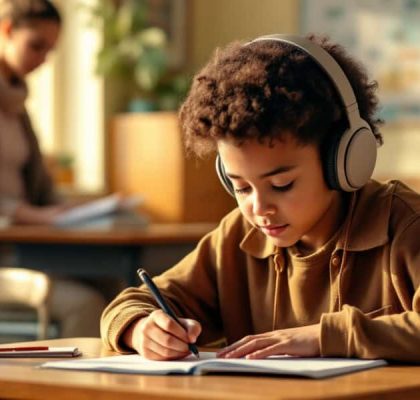
Benefits for Professionals
- Fewer behavioral disruptions and emotional outbursts.
- Increased engagement from students who were previously withdrawn or reactive.
- A proactive, evidence-based tool to support social-emotional learning (SEL) and MTSS initiatives.
- Practical strategies to complement counseling, special education and classroom interventions.
Real Stories. Real Results.
Backed by research and grounded in lived experience, these case studies highlight the measurable impact of nervous system regulation across diverse modalities and populations.
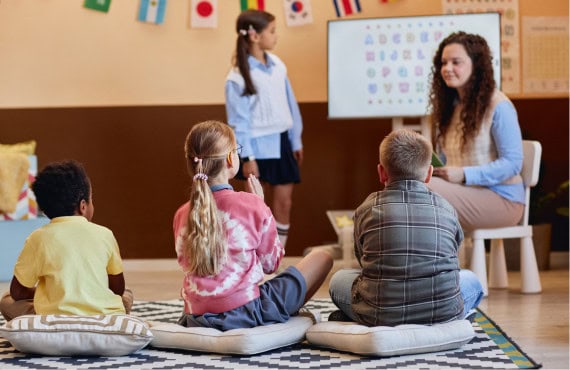
Safe and Sound Protocol Helps Children with Autism Make Meaningful Progress
A group of children, each with unique challenges their caregivers hoped to address, sought alternative treatment after limited progress in conventional therapies. Learn how the SSP helped them address these challenges and grow.

Integrated Listening System Helps Young Man Reduce His Stutter and Communicate More Effectively
Lui, a 19-year-old, was trying to improve his fine motor skills, including reading and writing, and reduce his stutter. Using the ILS as a treatment, Lui’s ability to communicate strengthened across all areas.

Young Boy Experiences Emotional Regulation with Rest and Restore Protocol (RRP)
Garth experienced several changes in his life and daily routine, making him resistant to future changes. After treatment with RRP, he was able to process and excel in evolving environments, including school.
Explore how Unyte’s listening therapies can help create calmer classrooms and more supportive learning environments.





 © 2026 Unyte Health US Inc.
© 2026 Unyte Health US Inc.